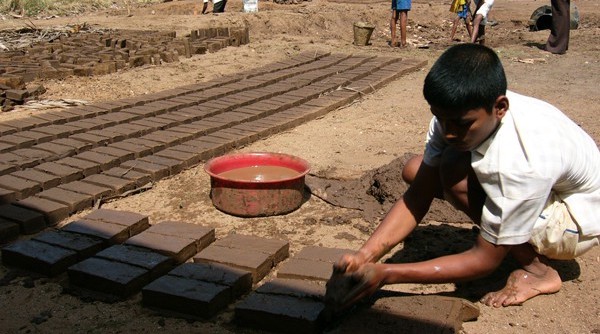Child labour is a growing concern in Sri Lanka, with many children being forced to work in hazardous conditions to support their families. According to the International Labour Organization (ILO), an estimated 8.3% of children between the ages of 5 and 14 are engaged in child labour in Sri Lanka as of 2021. This is a significant increase from the 2010 statistic of 4.9%.
The increase in child labour in Sri Lanka can be attributed to various factors, including poverty, lack of education, and inadequate enforcement of child labour laws. Many families living in poverty are forced to rely on their children to contribute to household income, often at the expense of their education and well-being. Additionally, the lack of access to education and job opportunities for adults means that children are often forced to work in order to survive.
Preventing child labour in Sri Lanka requires a concerted effort from the government, civil society, and international organizations. The government must strengthen its enforcement of child labour laws and ensure that those who violate these laws are held accountable. In addition, there is a need to improve access to education and create more job opportunities for adults so that families do not have to rely on their children for income.
Civil society and international organizations can play an important role in preventing child labour by raising awareness about the issue and providing support to families in need. This includes providing financial assistance, vocational training, and educational opportunities to families in poverty. Additionally, there is a need to promote fair trade and ethical business practices that do not rely on child labour.
It is important to recognize that child labour is not only a violation of children’s rights, but it also has long-term negative effects on their physical and mental health, as well as their future prospects. By working together, we can create a future where children in Sri Lanka are free to enjoy their childhoods and reach their full potential.
In conclusion, the issue of child labour in Sri Lanka is a complex and multi-faceted problem that requires a comprehensive approach to prevention. Improving access to education and job opportunities, enforcing child labour laws, and promoting ethical business practices are all important components of a successful strategy. By prioritizing the rights and well-being of children, we can work towards a brighter future for Sri Lanka.




